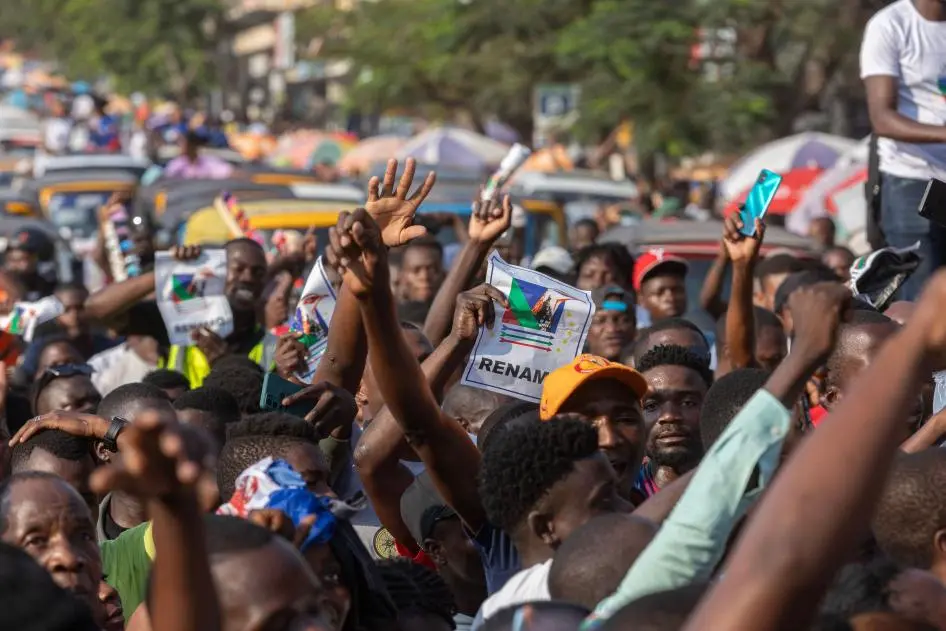journalofserviceclimatology.org – Mozambique, a country located on the southeastern coast of Africa, has long been known for its stunning beaches, rich wildlife, and vibrant culture. However, for much of its recent history, Mozambique has also been synonymous with conflict and instability. The nation emerged from a brutal civil war in 1992, only to face renewed violence in the form of insurgency and terrorism in the northern regions. Despite these challenges, Mozambique is now on a path towards peace and reconstruction, with the potential to become a beacon of hope and development in the region.
The Legacy of Conflict
The roots of Mozambique’s conflict can be traced back to its colonial past and the struggle for independence from Portugal in 1975. The subsequent civil war, which lasted from 1977 to 1992, was one of the most devastating in African history, claiming over a million lives and displacing millions more. The war was primarily fought between the Mozambican National Resistance (RENAMO), supported by neighboring countries and apartheid South Africa, and the ruling FRELIMO government.
The signing of the Rome General Peace Accords in 1992 marked the end of the civil war and paved the way for democratic elections. However, the peace was fragile, and the country faced numerous challenges, including economic hardship, political instability, and the resurgence of violence in the form of insurgency in the northern Cabo Delgado province.
The Insurgency in Cabo Delgado
The insurgency in Cabo Delgado, which began in 2017, has been attributed to a group known as Ansar al-Sunna, linked to Islamic State (IS) militants. The group has targeted local communities, infrastructure, and foreign interests, particularly in the region’s burgeoning natural gas sector. The violence has led to the displacement of hundreds of thousands of people and has severely impacted Mozambique’s economic development plans.
Path to Peace and Reconstruction
Despite the ongoing challenges, Mozambique has taken significant steps towards peace and reconstruction. The government, with the support of the international community, has been working to address the root causes of the conflict, including poverty, inequality, and lack of development.
Political Efforts
Political dialogue and reconciliation efforts have been key components of Mozambique’s peace process. The government and opposition parties have engaged in negotiations to resolve outstanding issues from the civil war era and to address the grievances fueling the insurgency in Cabo Delgado.
Security Measures
The Mozambican government, with the assistance of international partners, has been strengthening its security forces to combat the insurgency. This includes military training, intelligence sharing, and the deployment of peacekeeping forces to stabilize the conflict-affected areas.
Economic Development
Economic development is crucial for the long-term stability of Mozambique. The government has been working to create jobs, improve infrastructure, and attract investment, particularly in the natural gas sector. The development of the LNG projects in Cabo Delgado, once considered a cornerstone of Mozambique’s economic future, has been put on hold due to the insurgency but remains a priority for the country’s economic recovery.
Humanitarian Response
The humanitarian response to the conflict has been significant, with international organizations and NGOs providing aid to the displaced populations. Efforts have focused on providing food, shelter, healthcare, and education to those affected by the violence.
Conclusion
Mozambique’s journey from conflict to peace and development is far from over. However, the nation has shown remarkable resilience and a strong commitment to overcoming its challenges. As Mozambique continues to navigate the path to stability, the international community must remain engaged, providing support and solidarity to ensure that the country can realize its full potential as a peaceful and prosperous nation.
